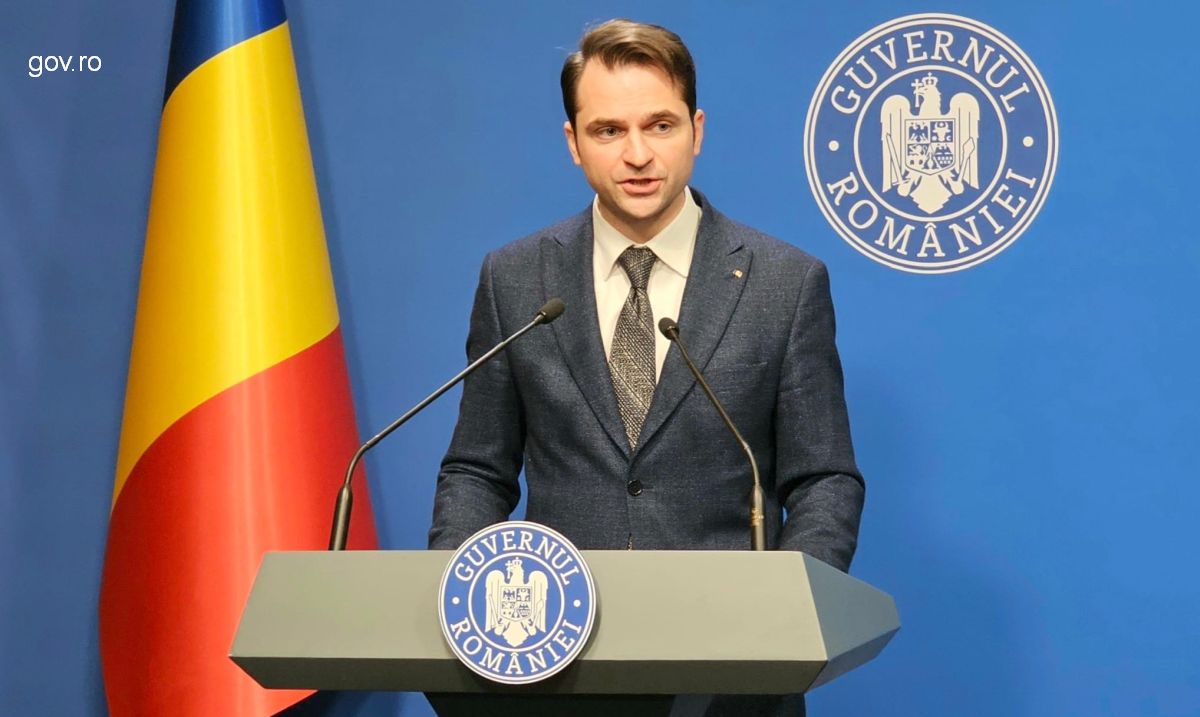Talks on Draft Budget
The Government intends to have the draft state budget for 2016 passed in this weeks meeting. The document will be subsequently submitted to Parliament for debate and endorsement.

Valentin Țigău, 07.12.2015, 15:23
The defense, interior, education and health ministries are the ones to receive the most money next year. According to the budget bill posted on the Finance Ministry website, culture and communications will also benefit from fund increases. The budgets of the presidential administration and of the two Parliament chambers will also be raised. On the other hand, less money will go to the labor, foreign affairs, transports, environment, energy, finances and justice ministries. Next year’s revenues to the state budget are expected to be some 820 million euros higher than this year, whereas the expenses are designed to cover all the fiscal relaxation measures already approved by Government and Parliament this year.
An economic growth rate of nearly 4% and a budget deficit of 3% of the GDP, accepted by the EU, are also forecast. The Government is not to increase the minimum national wages as of January 1, 2016, until an impact survey is conducted, and public sector employees will not receive next year meal vouchers, holiday vouchers, bonuses and payments for extra hours.
As for the funds earmarked to the Orthodox Church for building places of worship, these have been cut, although the salaries of clerical and non-clerical staff will be raised. This measure in particular has been widely debated by the general public. The Finance Minister Anca Dragu said the Government sees the revamping of education units as a higher priority than building churches.
Anca Dragu: “We have lots of schools in Romania that cannot be authorized to operate because they have no toilets. The Church has its own revenues and benefits from tax facilities as well, so construction works can be continued. It can also apply for European funds.”
The Government expects the draft budget not to undergo major changes in Parliament, and believes political parties should agree that any decision made for electoral purposes, ahead of next year’s local and parliamentary elections, will not benefit the country. Overall, the technocratic cabinet headed by Dacian Ciolos promises that in 2016 they would pave the way for further, irreversible reforms that will be carried on next year. One of them is the possibility to pay taxes using debit or credit cards, and making this available in all Romanian towns is a priority for the new cabinet.






























